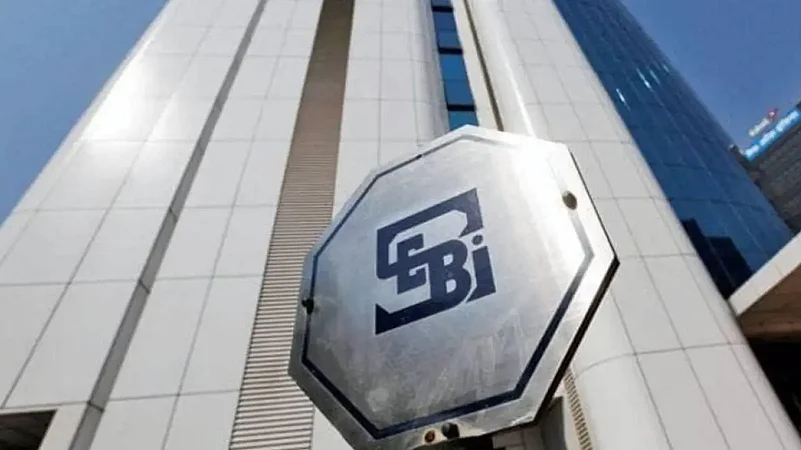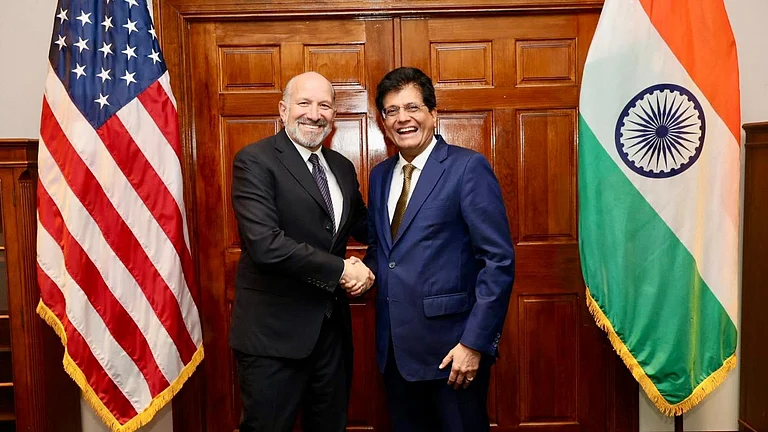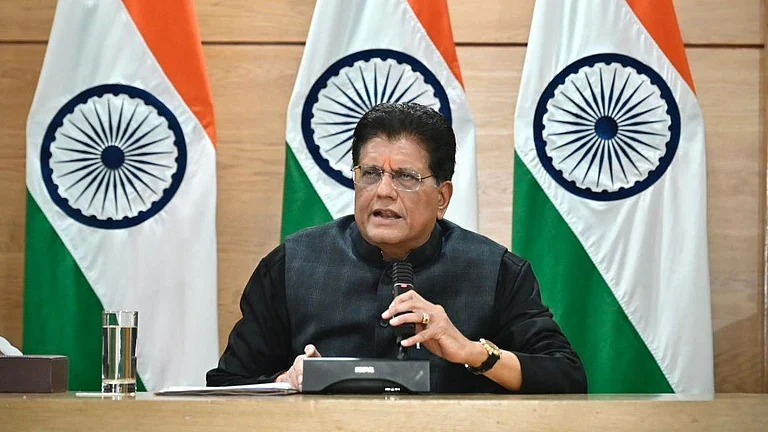Capital markets regulator Securities and Exchange Board of India (SEBI) has denied claims of toxic and unprofessional work culture at its offices, citing high employee standards and condemning few ‘external elements’ behind employee protests.
SEBI’s five-page statement, released on Wednesday evening, said it would not like to speculate on who these ‘external elements are and what their motive is. The “junior officers have been receiving messages from external elements outside their group, effectively instigating them to go to the media, the (finance) ministry and the board, perhaps to serve their own purpose,” it said.
Employee Complaints and SEBI’s Response
The statement comes after reports that around 500 SEBI officers made a complaint to the finance ministry regarding the leadership and HR practices that encouraged a ‘toxic work culture’ at the organisation under the leadership of chairperson Madhabi Puri Buch. The August 6 letter, titled 'Grievances of SEBI Officers - A Call for Respect', accused senior management of using unprofessional language, setting unrealistic targets, and monitoring "minute-by-minute movements."
According to the employees, “shouting, scolding, and public humiliation have become a norm in meetings,” and that fear has become the “primary driving force” within SEBI over the past few years.
In addition, the letter criticised the leadership for focusing on technological advancements while neglecting “best-in-class man management, leadership, and motivation methods.”
SEBI’s statement added that the letter of August 6, 2024 was not sent by the SEBI employee associations to the Government (and a section of media). It was an anonymous email that was sent, and officers and associations have themselves condemned it and communicated the same to HRD through emails. However, the officers in the letter had said that they disassociate with employee associations’ comments, after media reports on their protests, that grievances pertained to “only a few disgruntled employees,” according to a report by Economic Times.
“We strongly disassociate with the statements made by the employees’ association to the media... The statement is not only incorrect but also dishonest considering that they are aware of the full extent of discontent and frustration in the employees,” read the letter.
HRA Concerns and Accountability Issues
In its statement, SEBI acknowledged that employees had raised concerns over a 55 per cent hike in HRA (house rent allowance), which they had been demanding since the allowance was last set in 2023.
“SEBI officers are already well paid, and for entry-level officers at Grade A, the cost to company is approximately Rs. 34 Lakhs per annum, which compares extremely favorably even with the corporate sector. The new demands placed by them would amount to an additional CTC of almost Rs. 6 Lakhs per annum,” it said.
According to SEBI, the claims of unprofessional work culture are misplaced. These seem to stem from instances such as under-pitching of processing capability of officers by as low as one-fourth of actual capacity, mis-reporting of status of achievement of KRAs, shuttling of files between departments over a long period to avoid taking decisions, “adjusting” appraisal marks of poorly performing officers to “somehow” make them eligible for promotion.
In such instances, the officers concerned have been held accountable and given firm feedback, and corrective actions are taken against them. The introduction of the online MIS system was, among other initiatives, aimed at ensuring that deserving employees receive due recognition based on objective performance assessments.
The markets regulator also said that it is unfortunate that some elements have attempted to diminish the significant capabilities of SEBI employees by instigating employees to believe that as “employees of a Regulator” they should not be required to have such high standards of performance and accountability.
Employees raised concerns about updation of SEBI’s automated Management Information System for Key Results Areas (KRAs), which had been designed to bring more transparency, fairness and accountability within SEBI. A 15-minute silent protest was held in this context.
The regulator also stated that a group of employees consciously designed a strategy to change the narrative to frame the issue as relating to the work environment with an objective to have bargaining power to seek more benefits. A letter focused on “work culture” was crafted and sent to HRD on August 06, 2024. After 7 days, apparently as part of the strategy, a second letter was submitted with a long list of 16 demands, for numerous monetary and non-monetary benefits including increase in HRA.
































